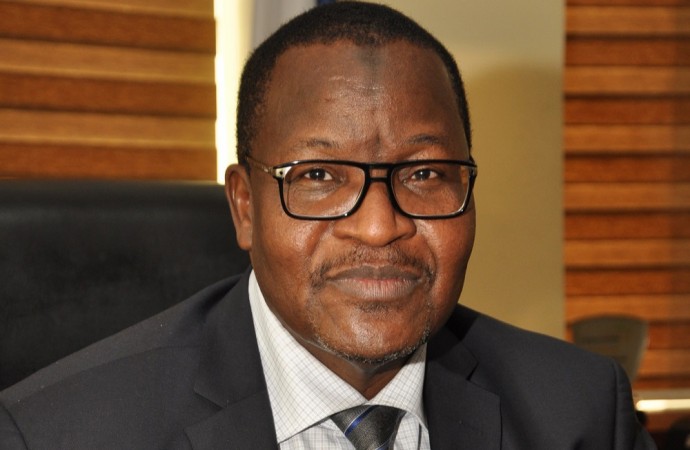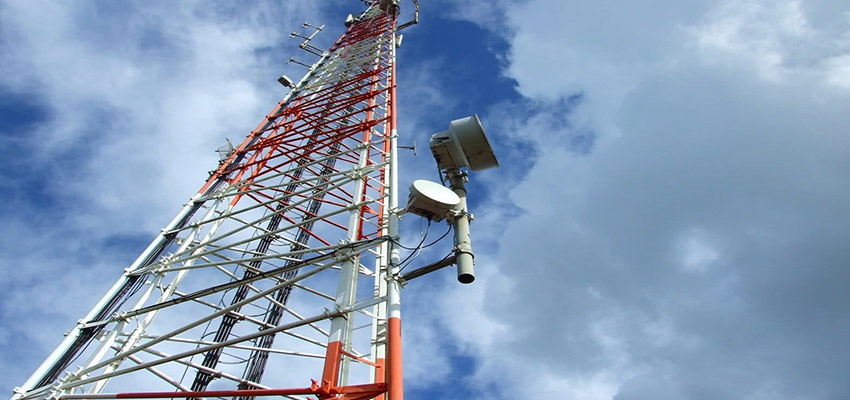The Nigerian Communications Commission’s (NCC) vast experience as a long-standing member of the International Telecommunication Union (ITU) has served as a booster to the Commission in its effective implementation of government policies, and in stimulating regulatory initiatives focused on advancing Nigeria’s digital transformation. The NCC’s Executive Vice Chairman (EVC), Prof. Umar Garba Danbatta, has said.
Danbatta stated this while addressing global actors in the Information and Communication Technology (ICT) industry at the ongoing Session of the ITU Council taking place in-person at the ITU Headquarters in Geneva, Switzerland, from March 21-31, 2022.
Speaking at the Council session, Danbatta said the challenges posed by the COVID-19 pandemic underscore the important role ICT will continue to play in ensuring peace, security and prosperity around the world. “It is as a result of the enabling experiences in the ITU ecosystem that Nigeria continue to be active and forward-looking regarding the activities of the ITU as the leading organ of the United Nations (UN) in the area of ICT,” he said.
He emphasised that, as a long-standing member of Council, Nigeria has utilised ICT as a driver of socio-economic development not just for herself, but also for the benefit of the sub-region and the continent, given its role as a founding member and flagship promoter of the West African Telecommunications Regulators Assembly (WATRA).
“Over the years, as a member of ITU, Nigeria has chaired World Radiocommunication Conference (WRC)-15; chaired ITU Council Standing Committee on Administration and Management (SC-ADM), in 2019 and 2022; as well as chaired the Ad-Hoc Committee on ITU Regional Presence”, the EVC said to underscore the strategic, symbiotic relationship between Nigeria and ITU.
Reinforcing the intensity of his assertion on the contribution of Nigeria in ITU, Danbatta said, “Nigeria had also chaired ITU-Standardization (ITU-T) Study Group 20 Regional Group for Africa; served as Vice Chairman, ITU-T Study group 20; served as Vice-Chair, ITU-T Study Group 12; Vice-Chair, ITU-Development D Study Group 2; as well as provided Financial Support to ITU Headquarters Building, among others”.
The EVC said this robust experience in ITU has continued to enable Nigeria, through NCC, and was particularly instrumental to the recent management of a globally-acclaimed transparent auction of Fifth Generation 5G licence in 2021; achieve 40.88 per cent broadband penetration in Nigeria as at December 2021; implement robust financial inclusion initiatives; as well as in the promotion of universal access across institutions and communities in Nigeria through the NCC’s Universal Service Provision Fund (USPF). “All these were made possible through the successful launch and implementation of policies to foster use of ICTs across all sectors and enhance a digital economy,” he said.
Meanwhile, the EVC has used the opportunity of his brief remarks during the Council session to announce Nigeria’s intent to seek re-election to ITU Council during the forthcoming Plenipotentiary Conferences. According to Danbatta, having Nigeria re-elected will help the country to continue to collaborate with and support ITU’s development agenda, ensure effective and efficient implementation of ITU Resolutions, implement inclusive programmes to foster universal use of ICT across all divides, and provide focused and strategic partnership. “We look forward to a robust Council session and subsequent support for Nigeria during the forthcoming elections,” Danbatta stated.
The ITU is governed by the Plenipotentiary Conference and the Administrative Council. The Plenipotentiary Conference is the supreme organ of the Union. It is the decision making body which determines the direction of the Union and its activities.
The Council, on the other hand, acts as the Union’s governing body in the interval between Plenipotentiary Conferences. Its role is to consider broad telecommunication policy issues to ensure that the Union’s activities, policies and strategies fully respond to today’s dynamic, rapidly-changing telecommunications environment.
The ITU Plenipotentiary Conference for this year is scheduled to take place in Bucharest, Romania, from Monday, September 26 to October 14, 2022.



